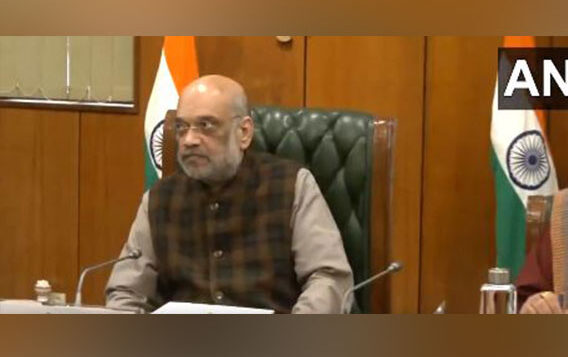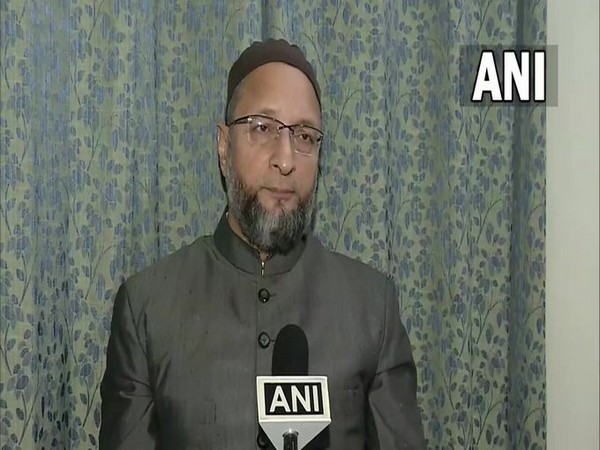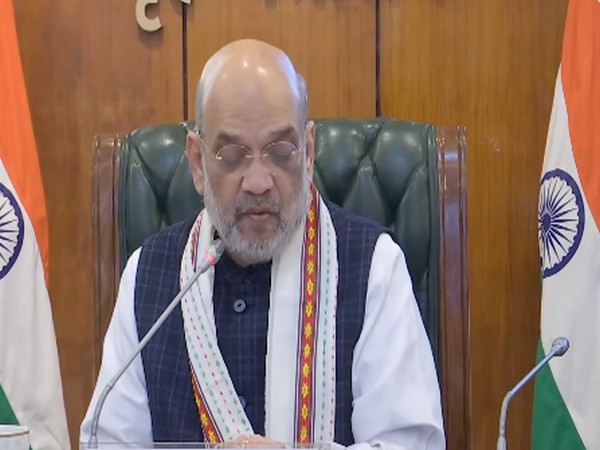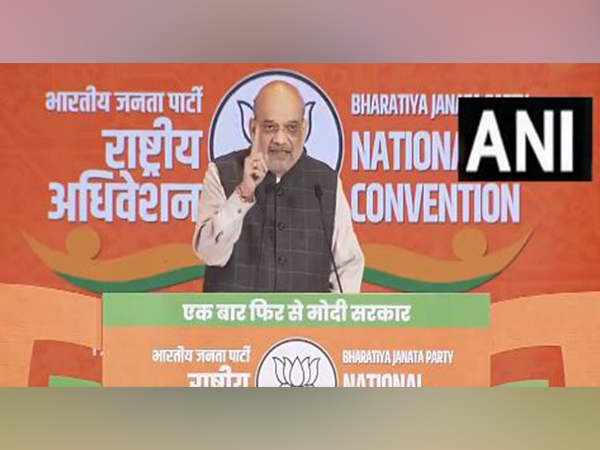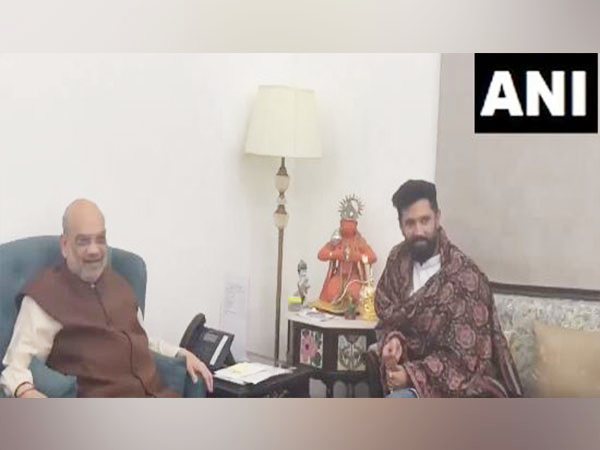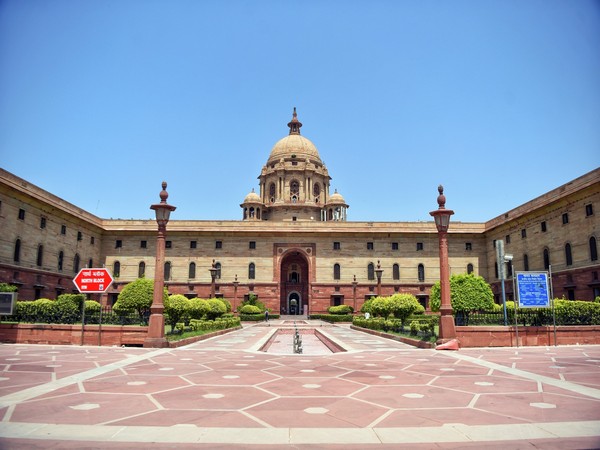As the high-level committee on simultaneous elections constituted under the Chairmanship of former President Ram Nath Kovind on Thursday met President Droupadi Murmu and submitted its report, Union Home Minister Amit Shah called it a “historic day for the country’s democratic system.”
“It is a historic day for the country’s democratic system. Today, the High-Level Committee formed by the Modi government on One Nation One Election, chaired by Shri @ramnathkovind Ji, presented its report before the Hon’ble President,” the Home Minister posted on his ‘X’ handle.
The report, comprising 18,626 pages, is an outcome of extensive consultations with stakeholders, experts and research work of 191 days, since the constitution of the High-Level Committee on September 2, 2023.
Shah was among the other members of the Committee that included Ghulam Nabi Azad, former Leader of Opposition in Rajya Sabha; N K Singh, former Chairman, 15th Finance Commission; Subhash C Kashyap, former Secretary General, Lok Sabha; Harish Salve, Senior Advocate; and Sanjay Kothari, former Chief Vigilance Commissioner. Arjun Ram Meghwal, Minister of State (Independent Charge) Ministry of Law and Justice was a Special Invitee and Niten Chandra was the Secretary of the Committee.
The committee held extensive consultations to understand the views of different stakeholders. 47 political parties submitted their views and suggestions, out of which 32 supported simultaneous elections. Many political parties had extensive discussions with the committee on this matter.
In response to a public notice published in newspapers in all the States and Union territories, 21,558 responses were received from citizens from all over India. Of them, 80 per cent of the respondents supported simultaneous elections.
Experts on law such as four former Chief Justices of India and twelve former Chief Justices of major High Courts, four former Chief Election Commissioners of India, eight State Election Commissioners, and the Chairman, of the Law Commission of India were invited by the committee for interaction in person. Views of the Election Commission of India were also sought.
Apex business organisations like the CII, FICCI, ASSOCHAM and eminent economists were also consulted to present their views on the economic repercussions of asynchronous elections. They advocated the economic imperative of simultaneous elections on account of the effect of asynchronous elections on fuelling inflation and slowing down the economy. The committee was briefed by these bodies that intermittent elections had adverse consequences on economic growth, quality of public expenditure, and educational and other outcomes, besides upsetting social harmony.
After careful consideration of all suggestions and viewpoints, the Committee recommends a two-step approach to lead to simultaneous elections. As the first step, simultaneous elections will be held for the House of the People and the State Legislative Assemblies. In the second step, elections to the Municipalities and the Panchayats will be synchronized with the House of the People and the State Legislative Assemblies in such a way that Municipalities and Panchayats elections are held within a hundred days of holding elections to the House of the People and the State Legislative Assemblies.
The committee also recommends that there should be a single electoral roll and Electoral Photo Identity Cards (EPIC) for use in elections to all three tiers of Government.
In tune with its mandate to explore the mechanism for simultaneous elections, and keeping in view the existing framework of the Constitution, the Committee has crafted its recommendations in such a way that they are in accordance with the spirit of the Constitution of India and would require bare minimum amendments to the Constitution.
Upon all-inclusive deliberations, the committee concludes that its recommendations will significantly enhance the transparency, inclusivity, ease and confidence of the voters.
Overwhelming support for holding simultaneous elections will spur the development process and social cohesion, deepen the foundations of our democratic rubric, and realize the aspirations of India, that is Bharat, it said. (ANI)
For more details visit us: https://lokmarg.com/
